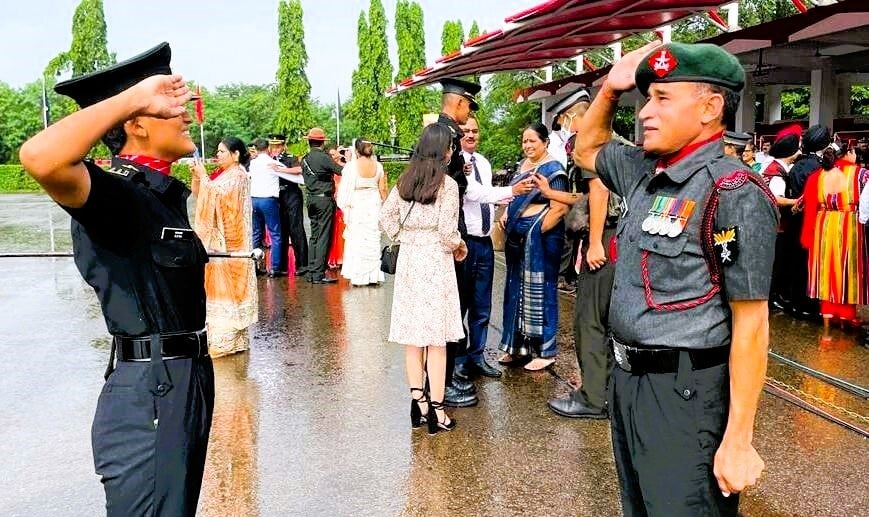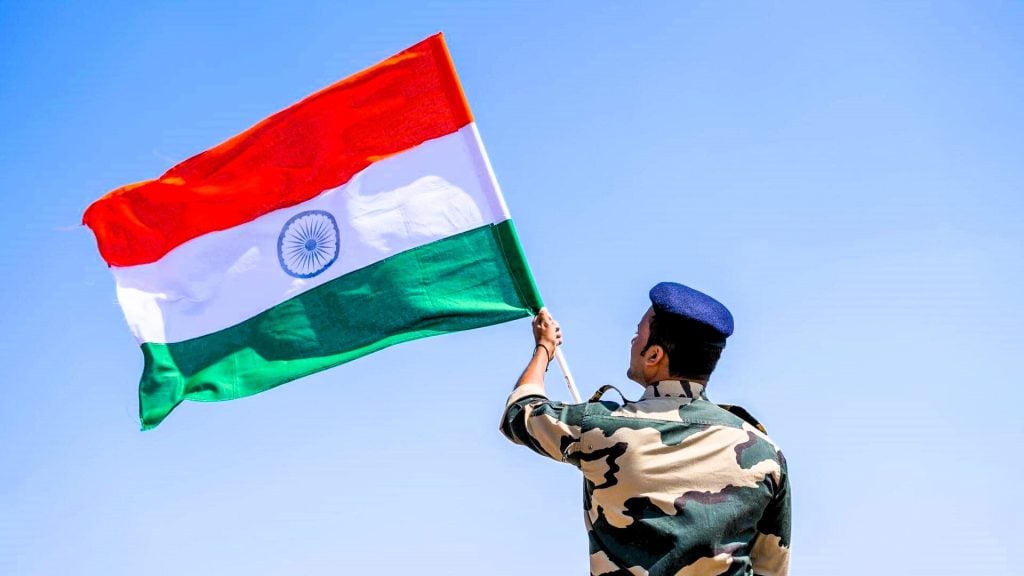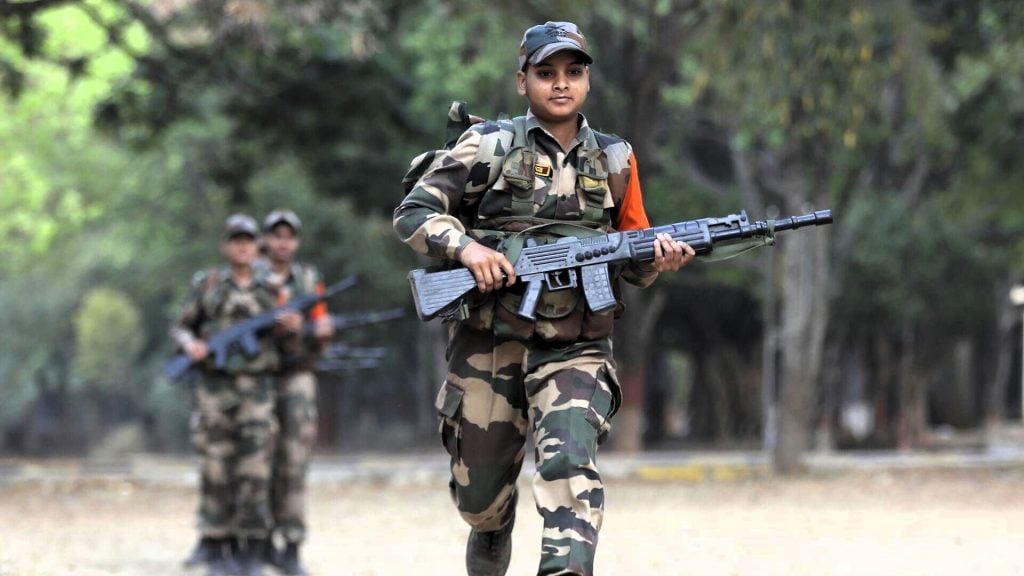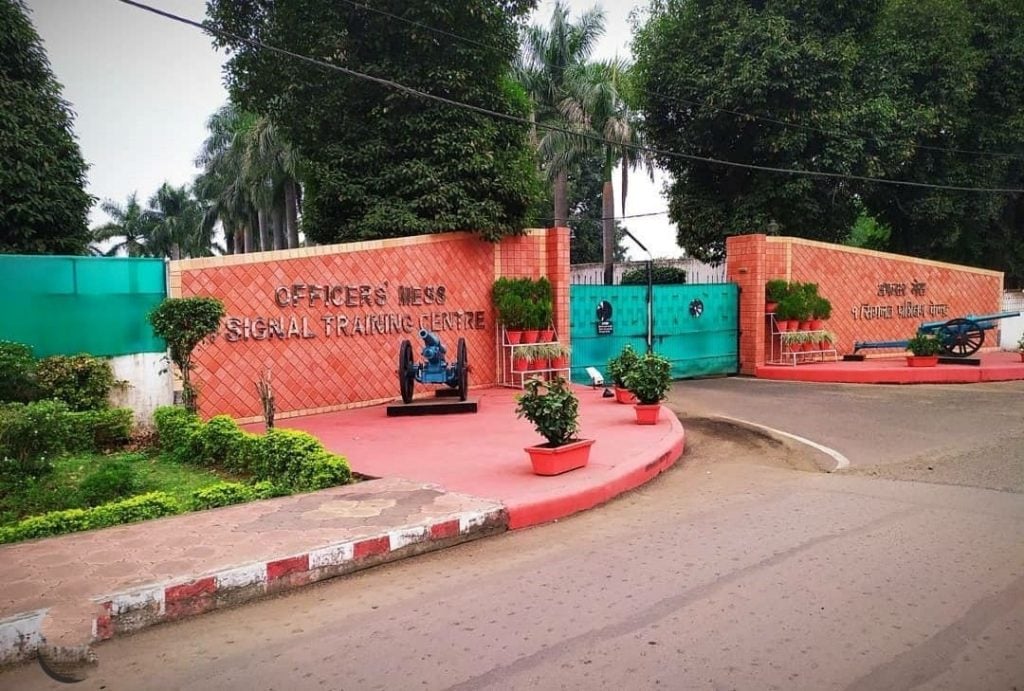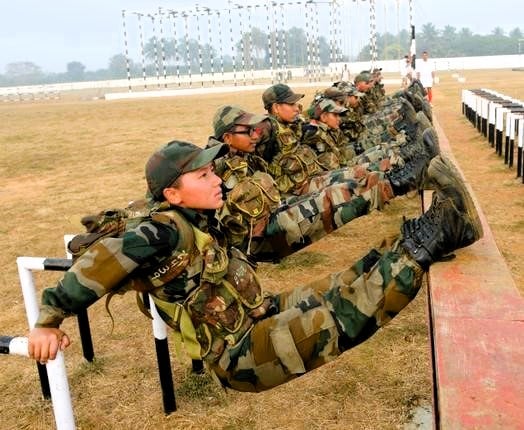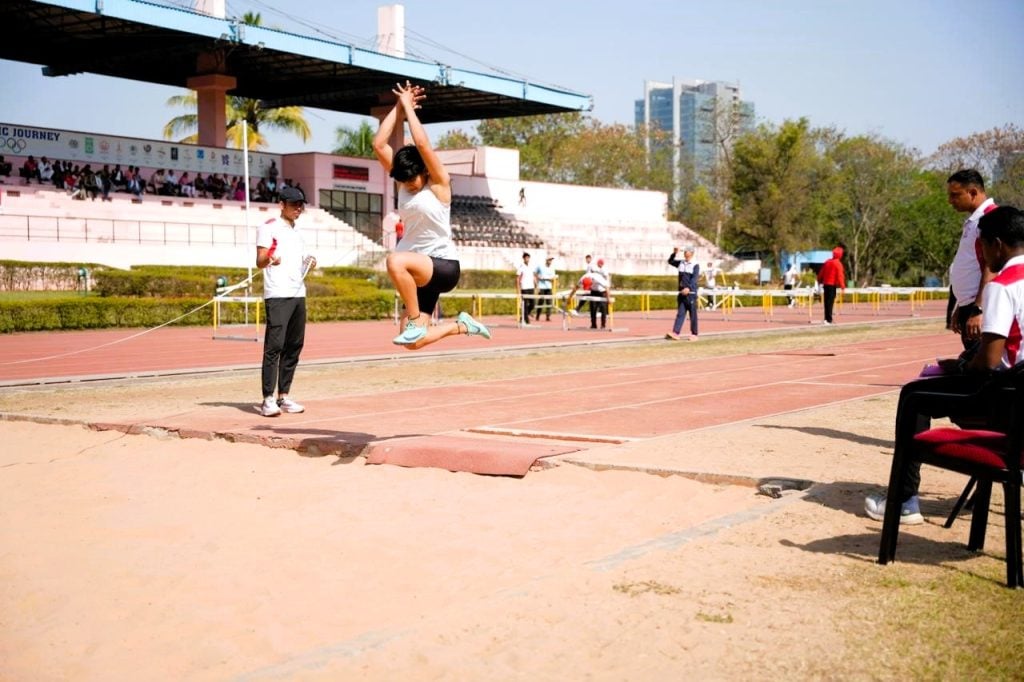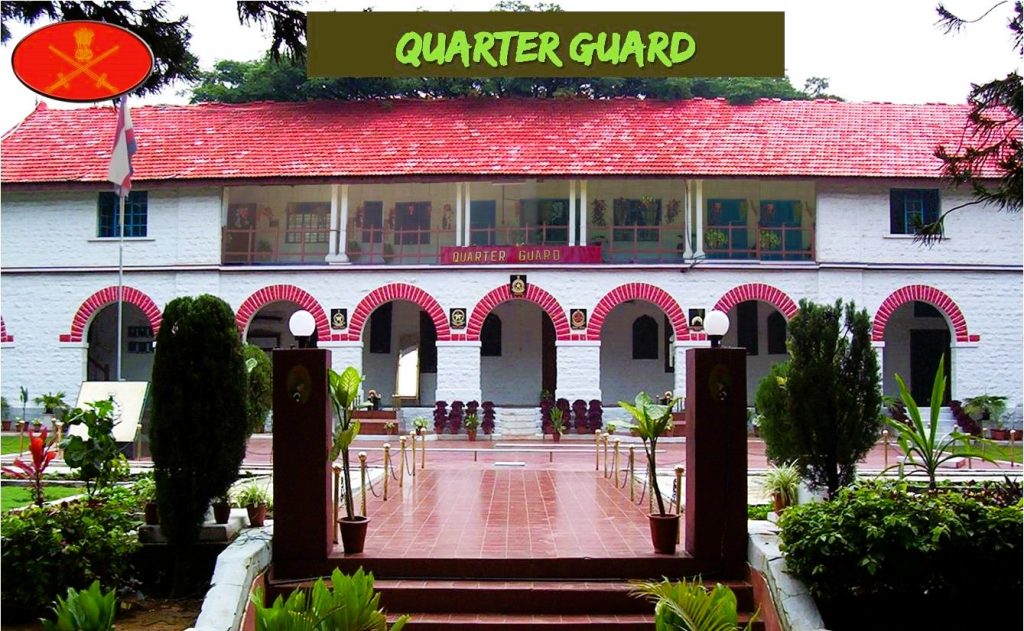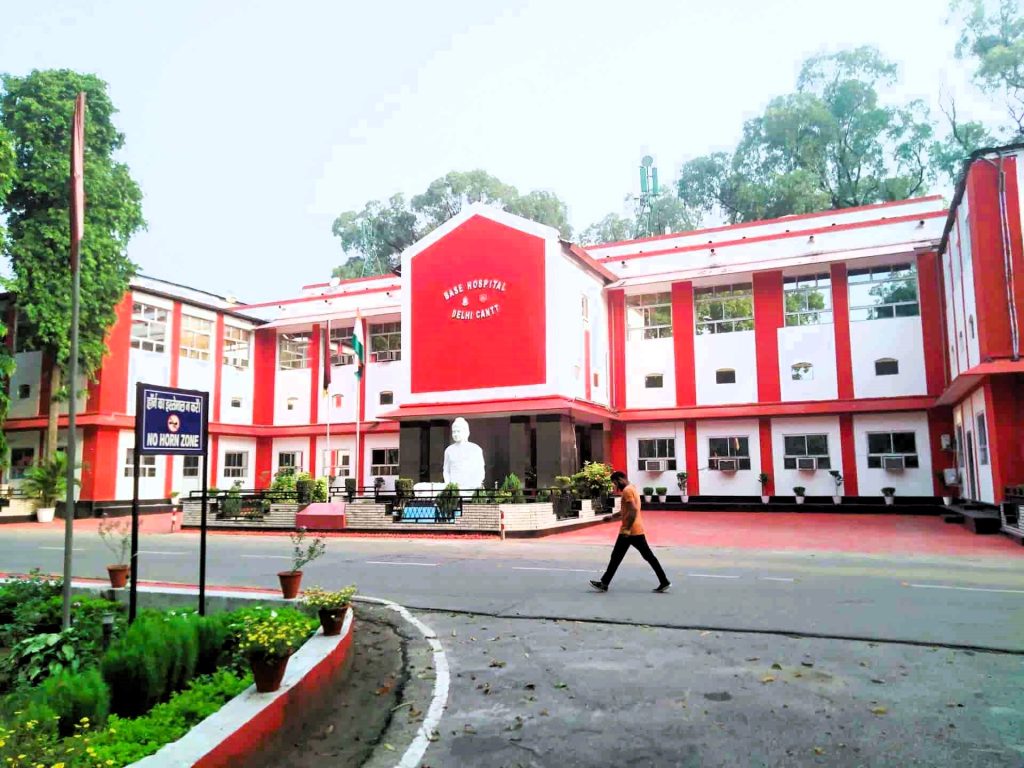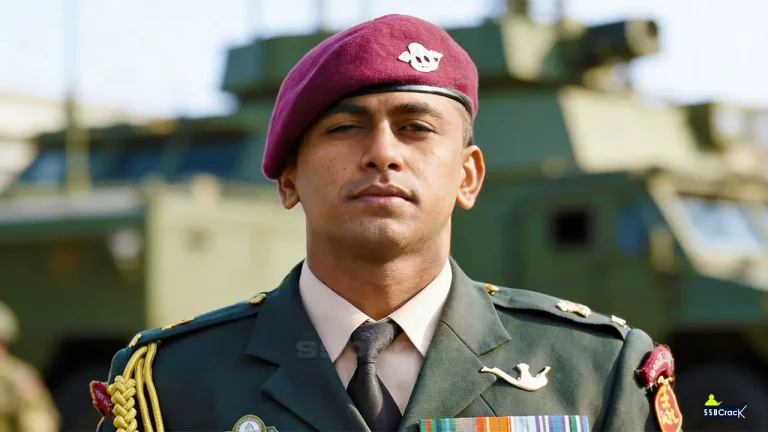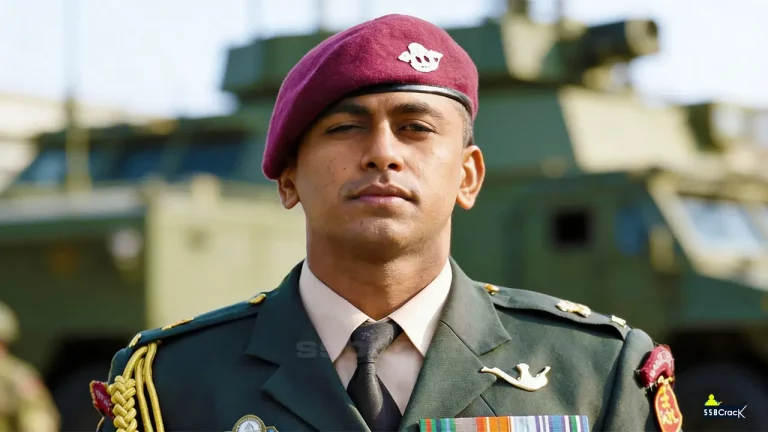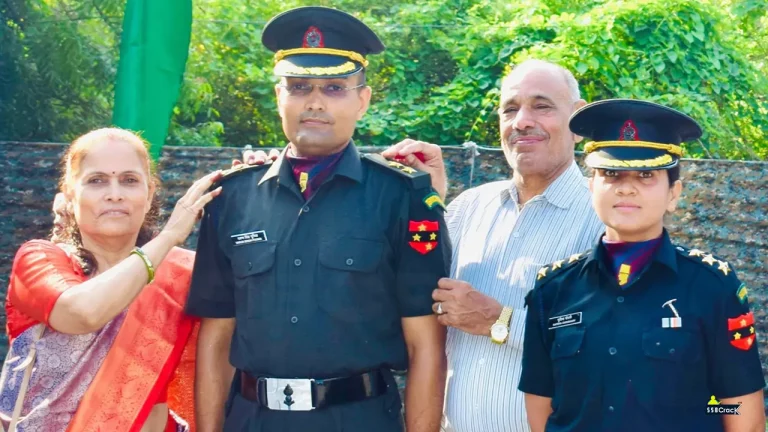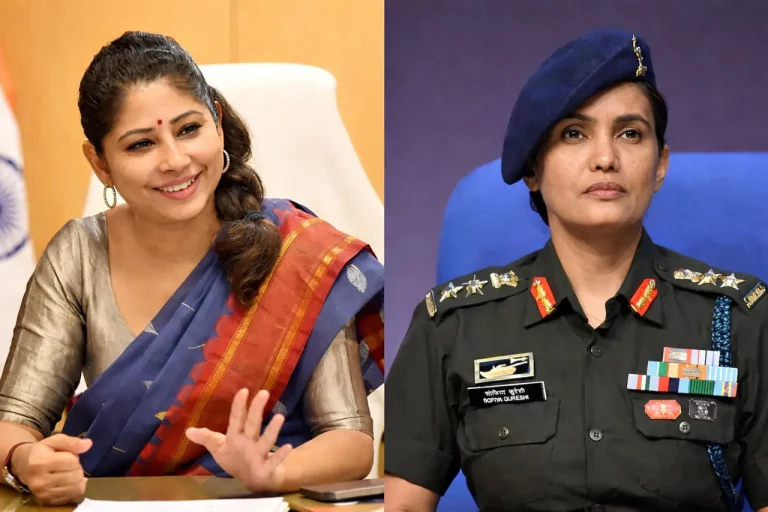The Indian Army, the world’s second-largest standing army, is often shrouded in misconceptions about the daily lives of its soldiers. Contrary to the popular belief that army personnel enjoy a life of leisure and luxury during peacetime, the reality is far more complex and demanding. As we delve into the intricate details of a typical day in the life of an Indian Army soldier, we uncover the unwavering dedication, disciplined routines, and multifaceted responsibilities that define their service.
Deployment and Challenges
The Indian Army’s primary deployment is along the Himalayan borders with China and the Line of Control in Jammu and Kashmir, regions characterized by inhospitable terrain, harsh climates, and limited access to basic amenities. Even in areas not directly on the frontlines, army formations are actively engaged in combating insurgencies in Jammu and Kashmir and the Northeast, ensuring the safety and security of the nation.
Realities of Peacetime Cantonments
Contrary to the misconception of a leisurely existence, the daily life of an Indian Army soldier in a peacetime cantonment is meticulously structured and highly regulated. These self-contained military townships, governed by a cantonment board, maintain strict discipline and order, ensuring cleanliness and infrastructure that often surpasses neighboring civil localities.
Unit Lines and Accommodation
Within the cantonment, each unit, be it a battalion or a regiment, is organized into distinct unit lines. These lines comprise a cluster of living barracks for troops, playgrounds, armories, and various support facilities, including unit offices, community dining rooms, recreation rooms, and transportation hubs. Nearby, the family lines provide limited accommodation for soldiers and their families.
Officers’ Quarters and Messes
Separate from the unit lines, the officers’ quarters and messes are situated in a more secluded area of the cantonment. Married officers are allotted bungalows, while bachelors are provided single rooms near the officers’ messes. These messes serve as exclusive social hubs, where officers adhere to a strict dress code and dining etiquette.
A Typical Peacetime Day
The daily routine of an Indian Army soldier in a peacetime cantonment is meticulously structured, with every minute accounted for and regulated by a series of bugle calls.
Morning Routine and Physical Training
The soldier’s day begins before sunrise with the Reveille bugle, signaling the start of the morning routine. After a quick shave and wash, the soldiers assemble in their sports kit for a thorough inspection by their platoon commander, a Junior Commissioned Officer (JCO). The unit then marches to the parade or PT ground for a vigorous physical training session.
Training and Education
Following the physical training, the soldiers engage in a variety of training activities, including weapons handling, firing practice, driving instruction, and educational classes tailored to their individual needs and the unit’s requirements. These training sessions are typically conducted until midday, when the soldiers are dismissed to clean their weapons and equipment before proceeding to the community dining halls for lunch.
How To Join Indian Army After 12th?
Afternoon Activities
The afternoon is dedicated to recreational activities, with the Retreat bugle signaling the start of the games period. Soldiers assemble on the sports grounds to participate in team sports like hockey, football, basketball, or practice individual disciplines such as boxing or swimming. These activities not only maintain physical fitness but also foster camaraderie and teamwork among the troops.
Evening and Night
As the sun sets, the Retreat ceremony is observed, where the unit’s flag is lowered with great reverence in the presence of the duty officer. The soldiers then gather for the evening roll call, where they receive instructions and information for the following day. After the roll call, the soldiers have some free time to unwind in the recreation rooms, watching television or reading newspapers, before being called to dinner and the “lights out” bugle, which signals the end of the day.
Unit Institutes and Support Systems
To cater to the diverse needs of the soldiers, the Indian Army has established a network of specialized institutes and support systems within the cantonment.
Quarter Guard and Bugle Calls
The Quarter Guard, an armed guard stationed within the unit lines, serves as the nerve center of the cantonment, responsible for maintaining security and alertness. The bugler stationed here plays a crucial role, sounding various calls that regulate the daily activities and assemblies of the unit.
Officers’ Mess and Recreational Facilities
The officers’ mess functions as an exclusive club, where officers adhere to strict dress codes and dining etiquettes, fostering a sense of camaraderie and professionalism. Complementing the officers’ mess, the recreation rooms within the unit lines provide jawans (soldiers) with access to newspapers, magazines, and indoor games, as well as a dedicated space for TV viewing.
Unit School and Medical Inspection Room
Each unit maintains a small school where regular classes are held to educate and prepare soldiers and non-commissioned officers (NCOs) for various army-specific examinations. Additionally, the unit’s Medical Inspection Room (MI Room) is responsible for providing first-aid and conducting monthly health inspections to ensure the well-being of the troops.
Challenges in Peacetime
While the reference article paints an idealized picture of a peacetime cantonment, the reality in modern times has seen a gradual decline in the adherence to the traditional routines and practices. Factors such as reduced troop strength, decreased officer involvement in daily activities, and a shift toward administrative duties have led to a dilution of the rigorous training and disciplined lifestyle once associated with the Indian Army’s peacetime operations.
10 Must-Watch Bollywood Movies Based on the Indian Army
Conclusion
Contrary to the common misconceptions, the daily life of an Indian Army soldier is a testament to unwavering discipline, dedication, and a steadfast commitment to the nation’s defense. From the inhospitable border regions to the meticulously organized peacetime cantonments, these individuals uphold the highest standards of professionalism, training, and service, often sacrificing personal comforts for the greater good of the country. As we delve into the intricate details of their daily routines, we gain a deeper appreciation for the extraordinary sacrifices and the unparalleled resilience that define the Indian Army soldier.
FAQs
Q1: What time does a typical day start for an Indian Army soldier?
A typical day for an Indian Army soldier starts early, around 5:00 AM. Soldiers begin their day with physical training, which includes running, strength exercises, and drills.
Q2: What kind of training do soldiers undergo daily?
Daily training includes physical fitness routines, weapon handling, combat drills, and tactical exercises. Additionally, soldiers participate in specialized training relevant to their roles.
Q3: How are meals structured during the day?
Soldiers usually have three main meals: breakfast, lunch, and dinner. Meals are balanced and nutritious to meet the high energy demands of military activities. They also have short breaks for tea or snacks.
Q4: What duties and responsibilities are assigned during the day?
Duties vary but typically include patrolling, guard duty, equipment maintenance, and participating in training exercises. Soldiers may also be involved in administrative tasks, depending on their rank and position.
Q5: Do soldiers have free time during the day?
Soldiers have limited free time, which they often use to rest, read, write letters, or engage in recreational activities like sports. Free time is essential for maintaining morale and mental health.
